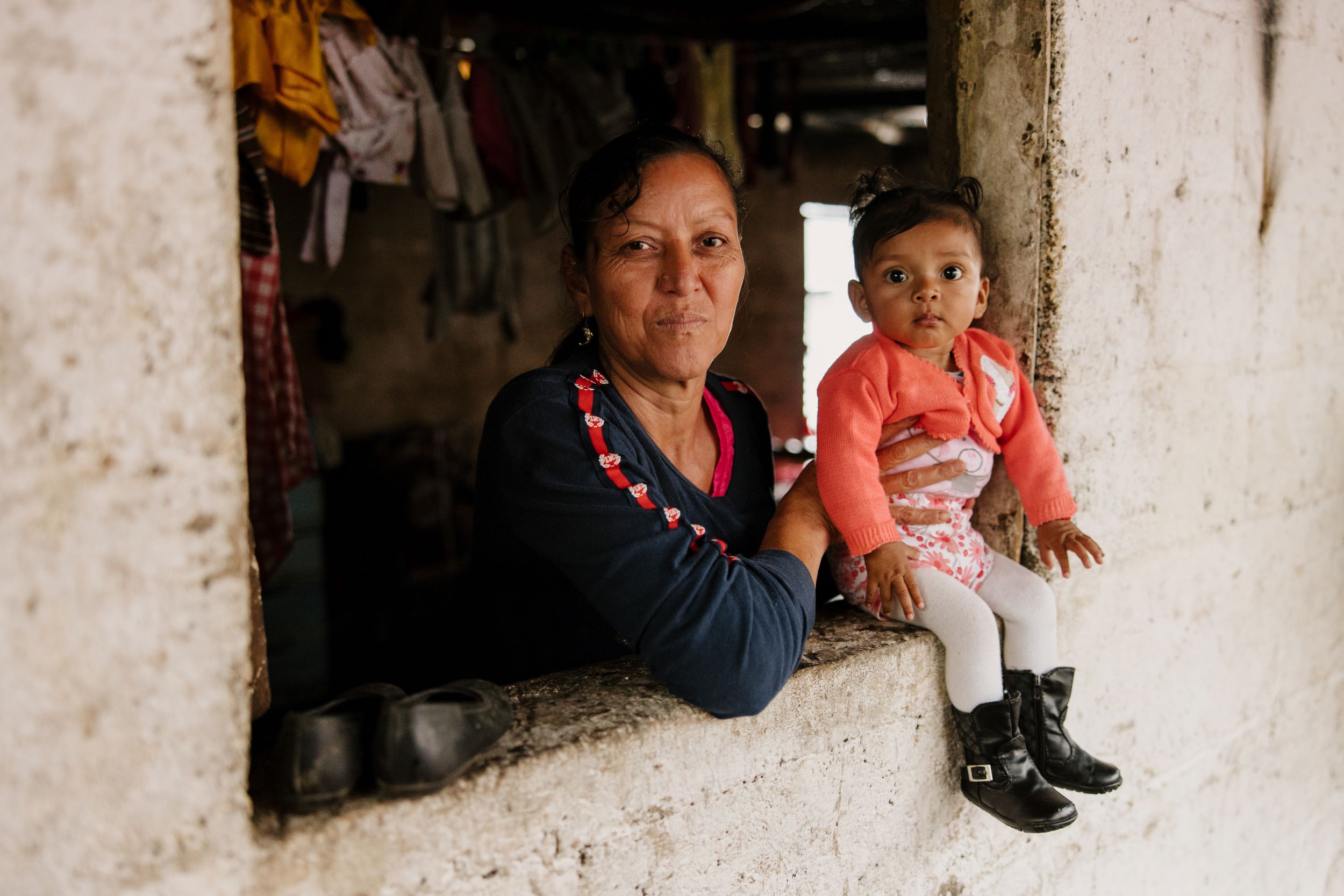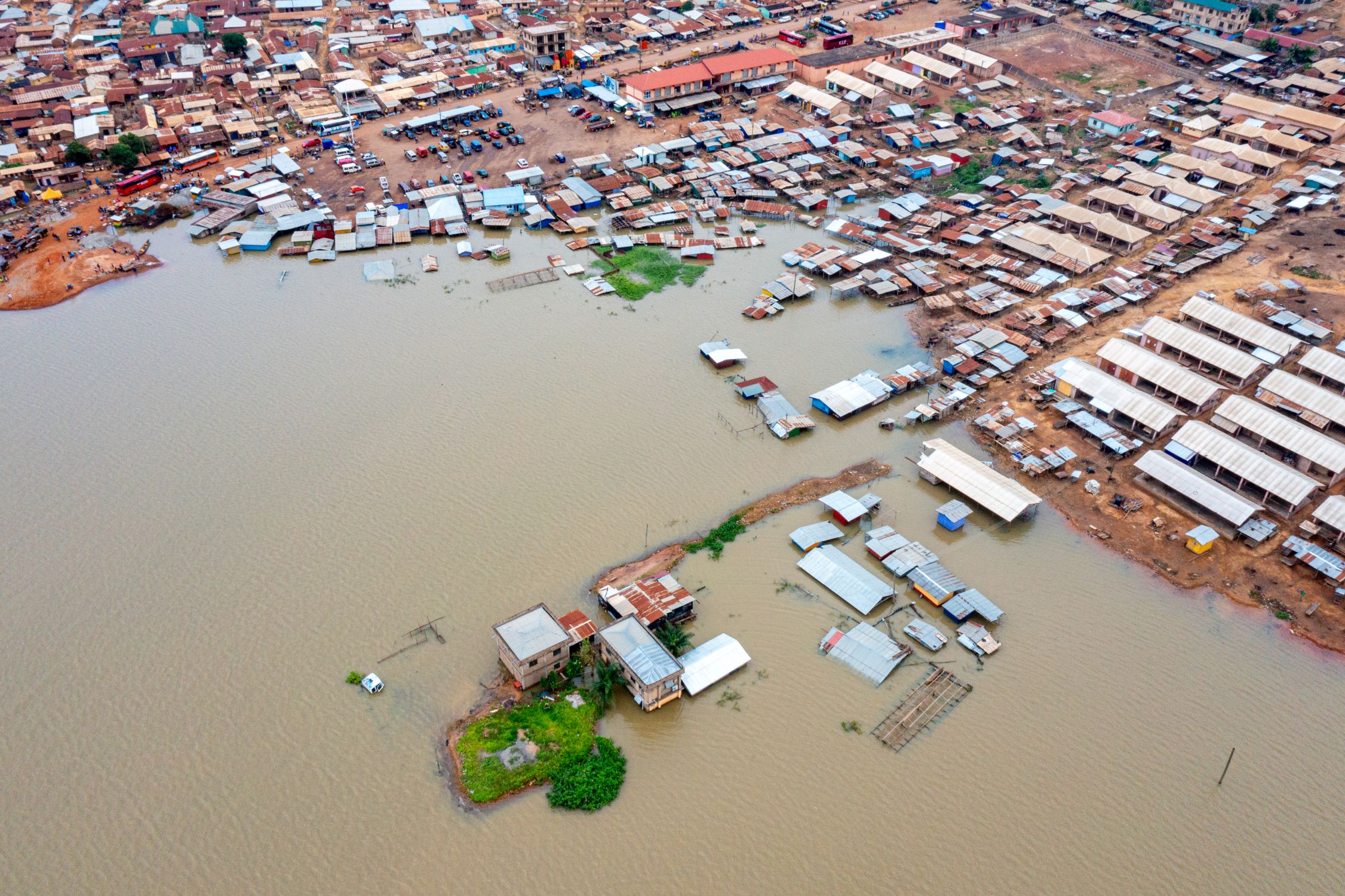
Climate change is fuelling the hunger crisis
Children are going hungry – we’re saying enough
We’ve all been shocked by the climate change-related news this year - even European holiday favourites have been affected by wildfires and heatwaves, while the floods in Libya caused thousands of deaths.
At the end of November, the United Nations’ annual climate change conference, known as the Conference of the Parties or COP28, brings together world leaders and others to look at climate change.
When is COP28?
The dates for the UN climate change summit in 2023 are 30 November to 12 December.
Representatives from World Vision across the globe, including children and young people, will attend COP28 in Dubai. They will be promoting child and youth participation in decision-making about climate and environment policy - at a local, national and international level. They will also talk about nature-based solutions to environmental degradation, and climate change mitigation, particularly highlighting the work of Farmer Managed Natural Regeneration (FMNR) - regrowing trees from tree stumps through pruning.
How climate change impacts children and families
Sadly, climate change is causing increasing disasters like droughts and floods, which decimate crops and livestock - leaving people hungry.
Add conflict to the mix and in 2022, 2.4 billion people worldwide did not have adequate access to food – an increase of 391 million since before the pandemic.
READ MORE: How does conflict impact children?
World Vision’s pledge
As a global partnership, World Vision is pledging $3.4 billion dollars over the next three years towards ending child hunger and malnutrition.
We are creating greater change and making a longer-lasting difference to children’s lives.
Children going hungry in this day and age is just not good enough. And knowing that climate change plays such a large part in this crisis demands a response.
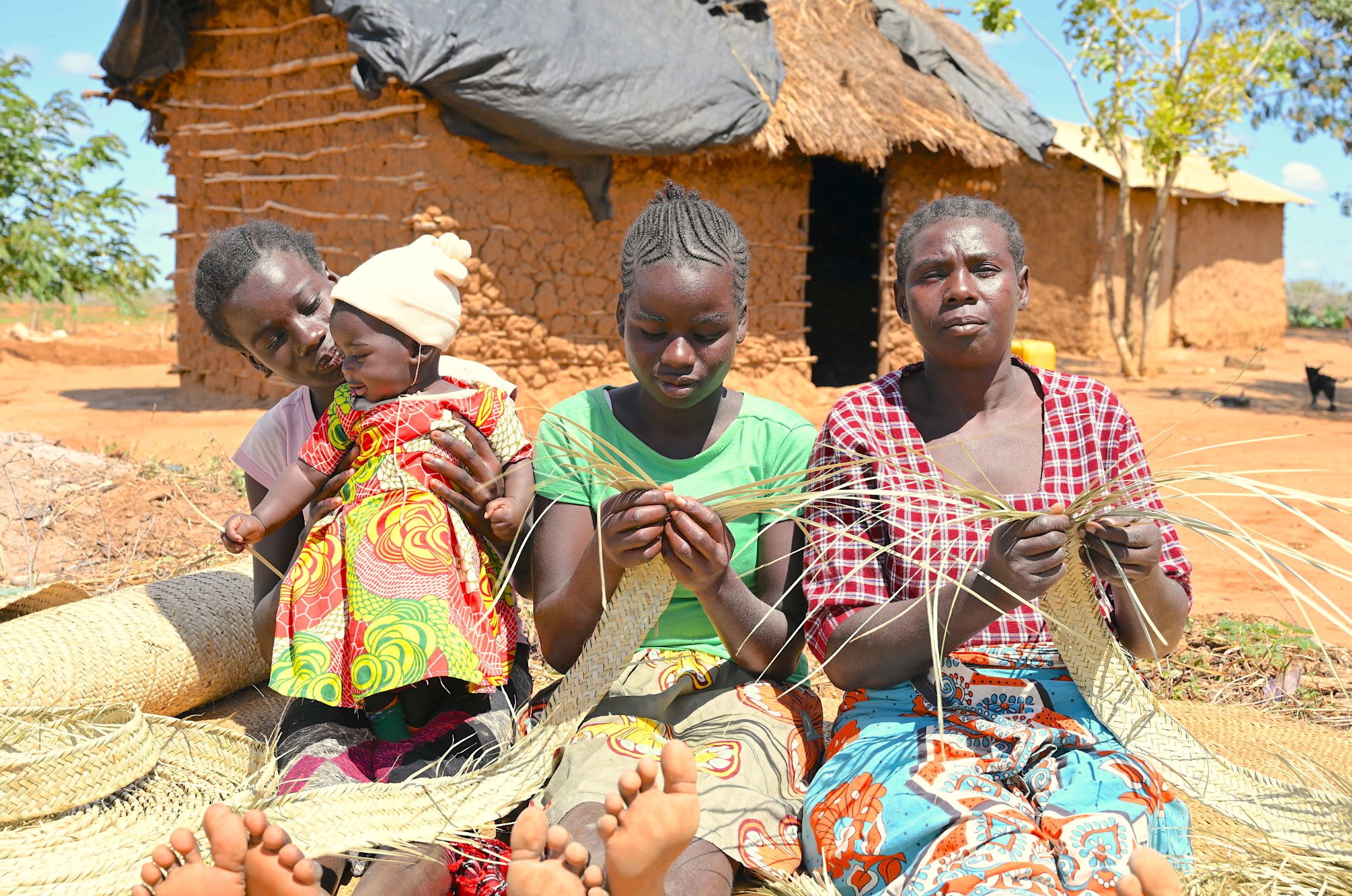
Prolonged droughts in Kenya
Families like Sidi and her husband and ten children are impacted by the prolonged droughts in Kenya. She recalls that 16 years ago life was good. "The rains were regular, so we were able to get bumper harvests from our farms for eating at home and also selling." But now: "The long dry spells have made it impossible for us to grow crops.”
World Vision works with farmers like Sidi to restore and re-green their local environments and to promote climate-friendly farming techniques, to build more secure and resilient livelihoods. This is alongside working with communities and local authorities to ensure access to quality education, clean water, life-saving food and healthcare for the most vulnerable children in the world’s hardest places.
READ MORE: The impact of drought on Sidi's family
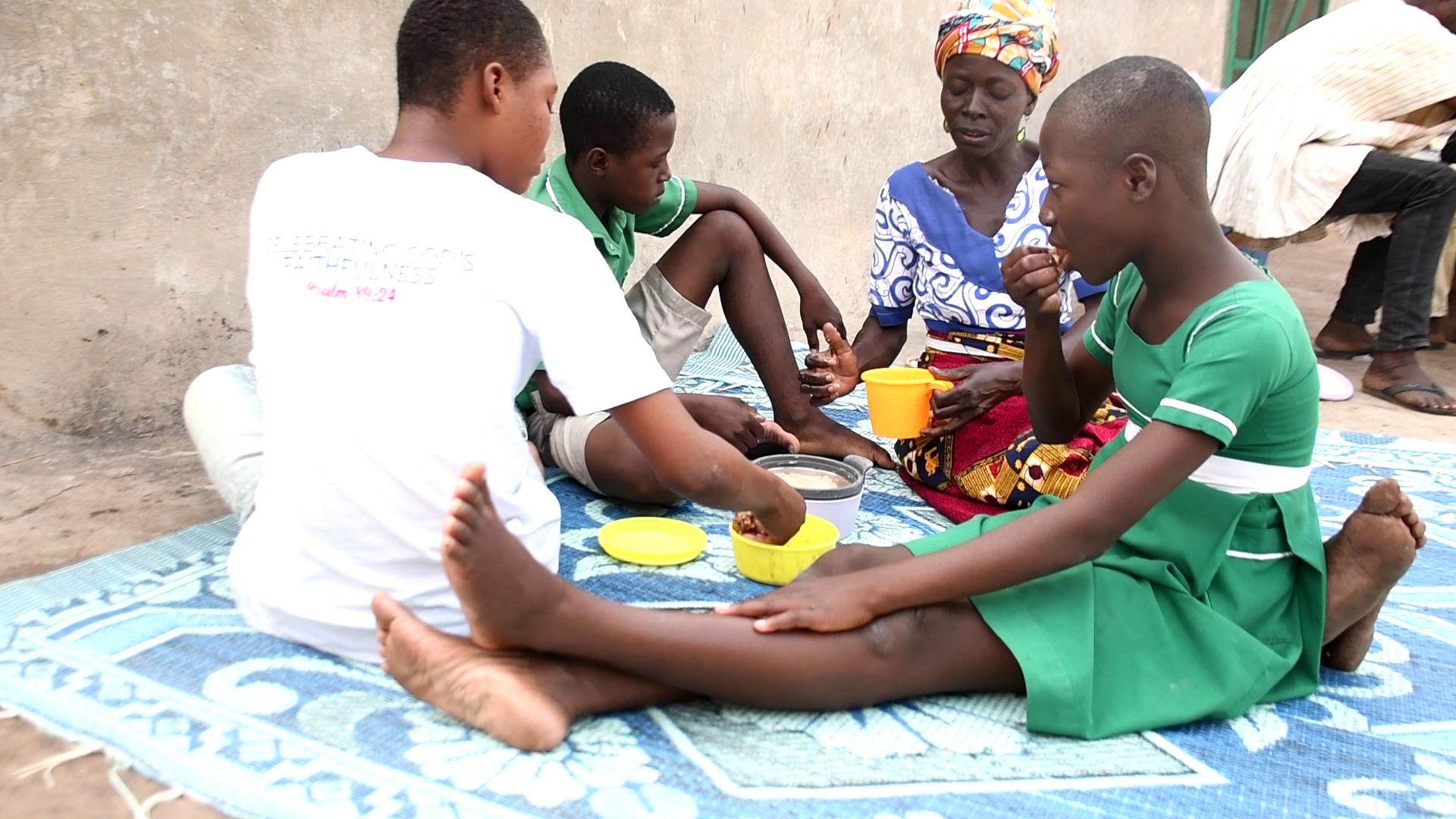
Landscape degradation and reduced crop production
For decades, farmers in an area in Ghana struggled to grow enough crops, resulting in hunger, malnutrition, animal loss, and stunting in young children.
Along with climate change, other factors included overgrazing, widespread bushfires, and indiscriminate tree cutting - all of which contributed to the loss of forested land, a decline in biodiversity and rainfall, and a reduction in soil fertility.
World Vision trains communities and shares knowledge and skills so that families are empowered to positively change their future.
Queen, age 12, was one of many who experienced hunger. "There were days we ate only once a day," she says. She was so hungry, she used to sleep in class, meaning her grades were poor. "Many children were sick and missed school and others dropped out of school for lack of food," she adds.
To combat this, World Vision ran community awareness programmes, including field demonstrations to raise awareness of new farming practices. They also provided equipment and tool support. Together, this led to restoring the degraded landscape and improving crop production – and so addressed malnutrition, hunger and poor school attendance.
Her father, Ayadago, 49, partnered in this project. “We are hardworking farmers [but] were unable to produce enough food to feed our families. I learned about the importance of tree planting, pruning, and FMNR through World Vision. I also learned about the impact of bush burning and tree felling on crop productivity. All of this knowledge has been integrated into farming activities. This significantly improved soil fertility, resulting in increased crop yields. I am happy this situation has changed for the better after World Vision’s intervention.
“In the last two years, I have increased my yields from five bags per acre to 25 bags - using FMNR technology, combined with good agronomic practices learned from World Vision.”
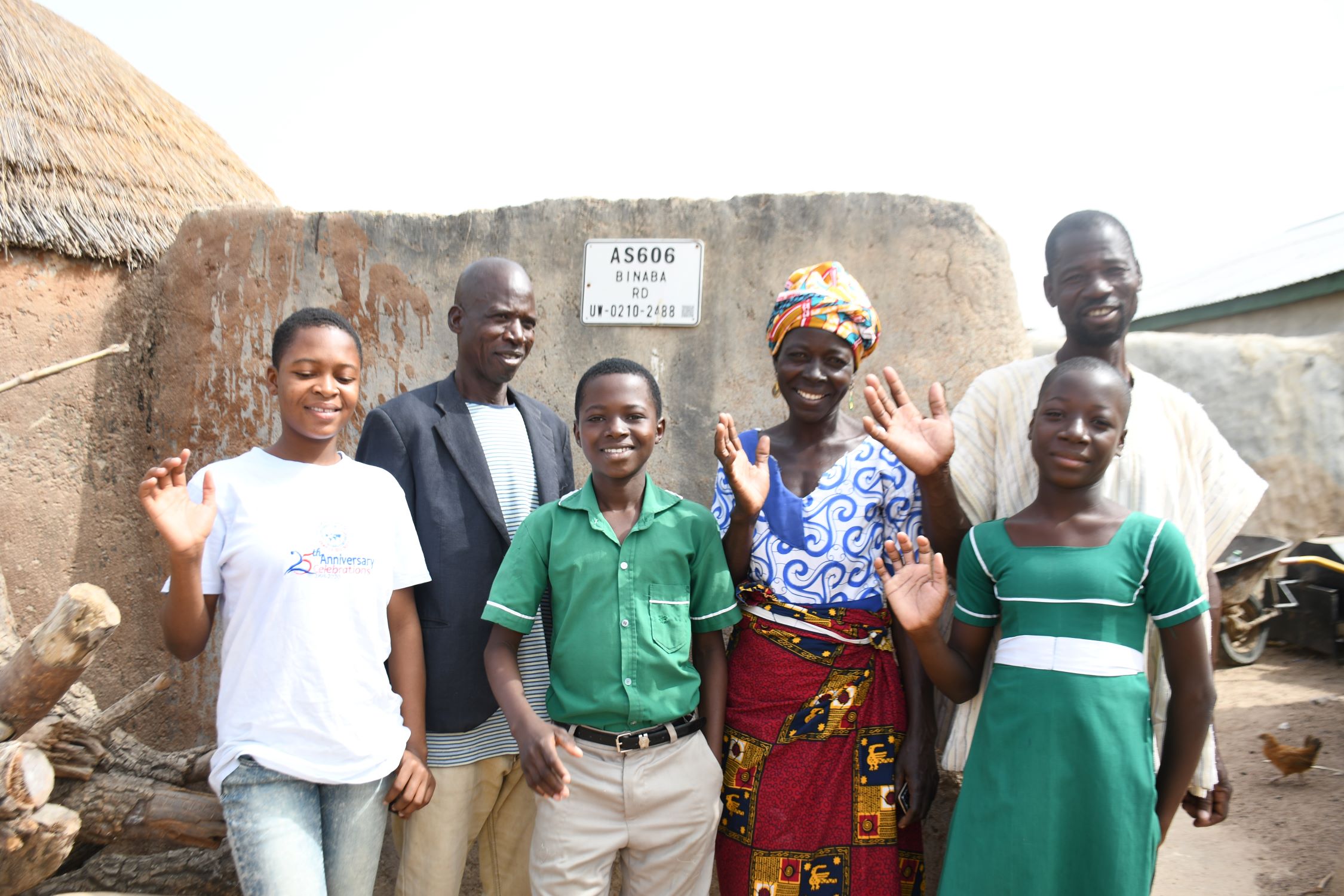
Ayadago also keeps goats, sheep, pigs and guinea fowls, which he sells to meet his children’s educational and health needs, and his flocks have also increased. "Because of the community's non-bush burning practices, our animals do not have to travel far to be fed. They kept reproducing. I am a happy man now," he says.
Queen adds, "I am happy … we now have enough food at home so my siblings and I don’t have to go to school or go to bed with an empty stomach. My performance in school has improved because we now have enough food to eat."
Enough is enough
The scale of the current hunger crisis – fuelled by climate change and conflict – is now so huge, World Vision is saying ENOUGH in a new campaign.
Enough of the right food and nutrition is not reaching the children who need it and children are bearing the brunt of an unequal food system.
We must share the resources and food we have with those who have not. The world has enough to feed every child well.
Want to get involved and make a difference? Join our generous supporters in partnering with World Vision transform the lives of hungry children around the world.

